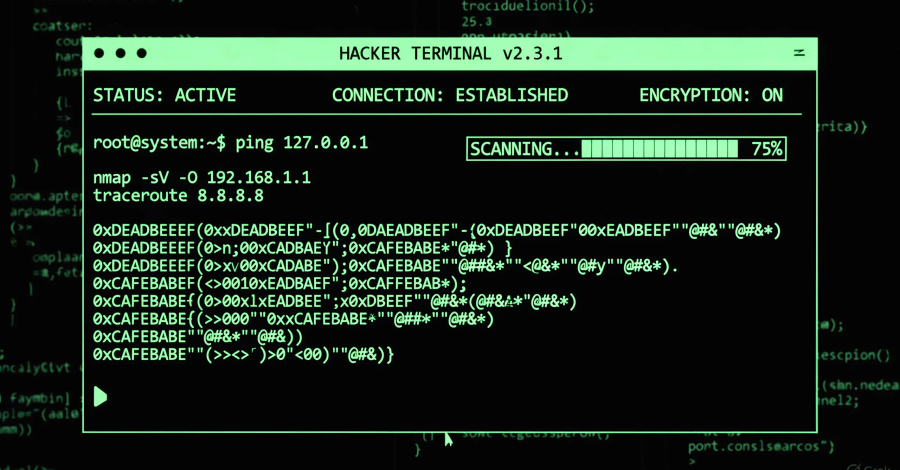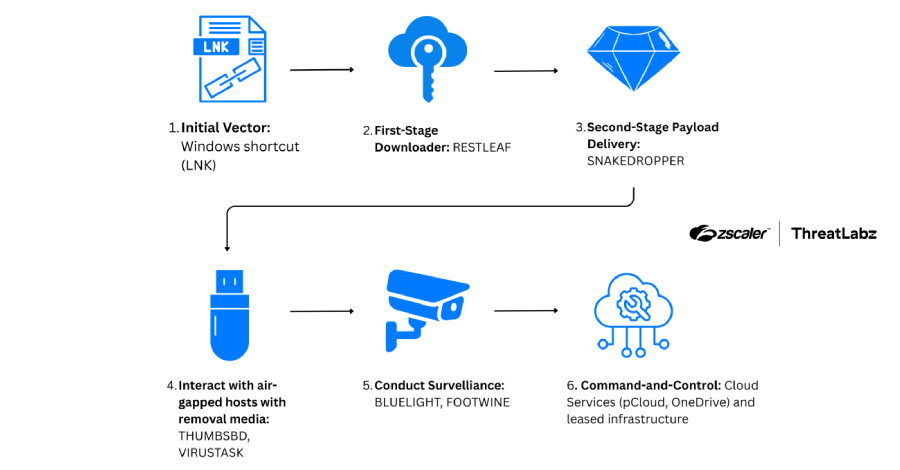Malicious Go Crypto Module Steals Passwords, Deploys Rekoobe Backdoor
Cybersecurity researchers have disclosed details of a malicious Go module that’s designed to harvest passwords, create persistent access via SSH, and deliver a Linux backdoor named Rekoobe. The Go module, github[.]com/xinfeisoft/crypto, impersonates the legitimate “golang.org/x/crypto” codebase, but injects malicious code that’s responsible for exfiltrating secrets entered via terminal password










